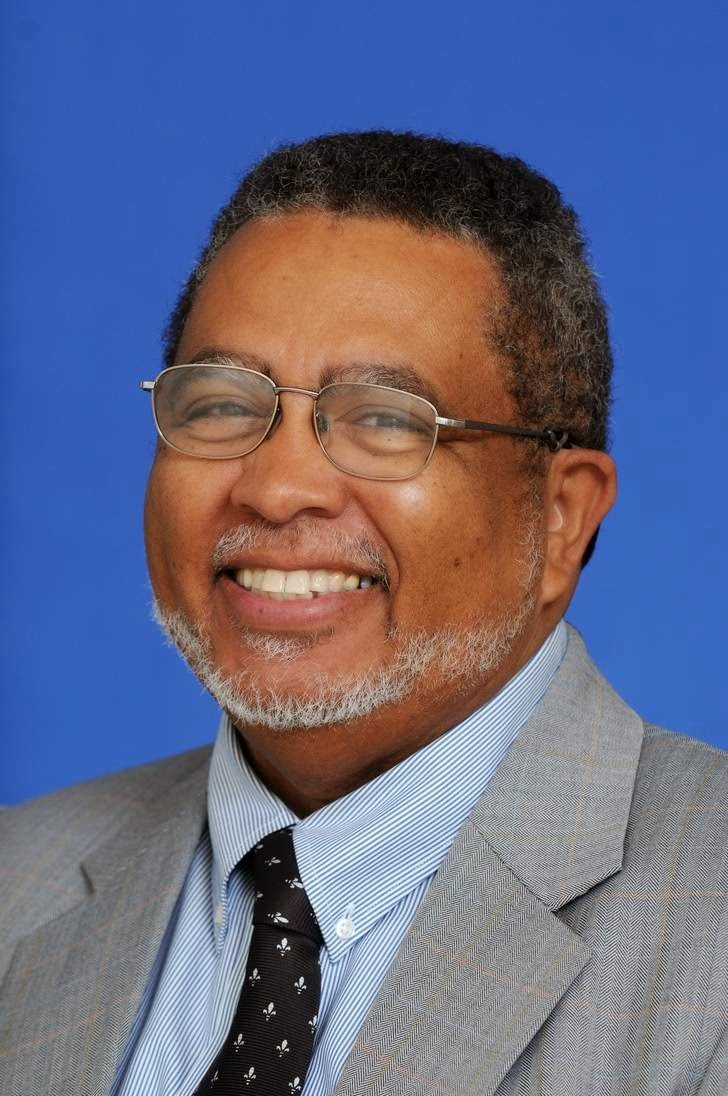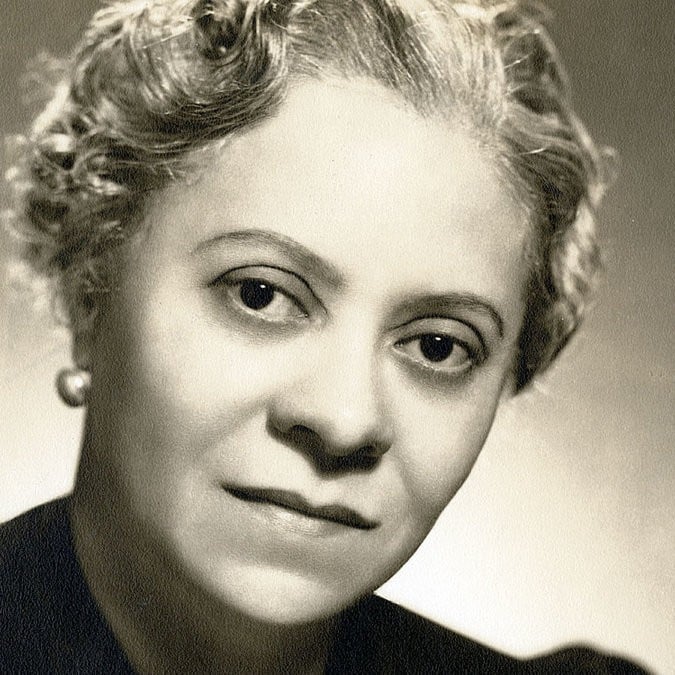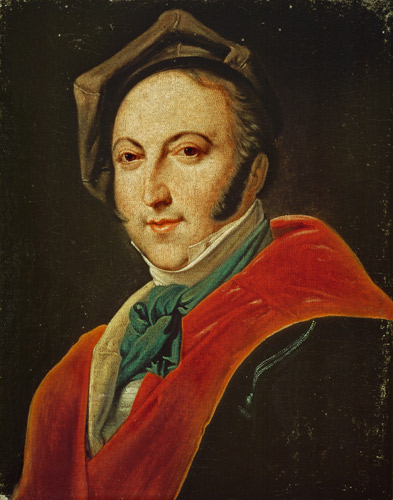
Adolphus Cunningham Hailstork III
Born: April 17, 1941
Education and Training: Bachelor of Music in Music Theory & Composition from Howard University (1963) American Conservatory at Fontainebleau (France) Bachelor of Music from Manhattan School of Music (1965) Master of Music from Manhattan School of Music (1966) PhD in Music Composition from Michigan State University (1971)
• He was born in Rochester, York, but he was raised in Albany, New York.
• Adolphus III studied violin, piano, organ, and voice and was in the Choir of Men and Boys at the Albany Cathedral of all Saints.
• Hailstork studied with the renowned composition teacher Nadia Boulanger.
• Dr. Hailstork has written across a variety of genres, producing works for chorus, solo voice, solo piano, organ, various chamber ensembles, band, and orchestra. His works have been performed by prestigious ensembles such as the Philadelphia Orchestra, the Chicago Symphony Orchestra, and the New York Philharmonic, under the batons of leading conductors such as James DePreist, Daniel Barenboim, Kurt Masur, and Lorin Maazel. The composer’s music has been recorded by a variety of ensembles for the Naxos and Albany Records labels.
• His body of work often references historical and modern-day events related to themes of black liberation, civil rights movements, and the experiences of Black Americans. Notably, his recent composition, “Knee on the Neck,” serves as a tribute to George Floyd and addresses the aftermath of his tragic death.
• Much of Hailstork’s music is programmatic, referencing real-life events, people, and experiences.
• Hailstork’s “Fanfare on Amazing Grace” was selected and performed by the United States Marine Band at the inauguration ceremony of U.S. President Joseph Biden Jr. and Vice President Kamala Harris in 2021.
• Four Romantic Love Songs (2018) is song cycle with text by Paul Laurence Dunbar (1872 – 1906). The songs include I. My Heart to Thy Heart II. Invitation to Love III. Longing IV. Good-night.
Sources:
https://www.presser.com/adolphus-hailstork?p=2
https://www.classicsforkids.com/celebrating-black-music-adolphus-hailstork/
Florence Beatrice Price
Born: April 9, 1887
Died: June 3, 1953
Education and Training: She completed two diplomas from the New England Conservatory in Boston, at the age of nineteen.
• Ms. Price was born in Little Rock, Arkansas in 1887.
• Florence Price’s earliest musical training was on the piano, beginning at the age of five, and the piano became an extensive part of her career. This instrument, along with the organ, was her focus during her studies at the New England Conservatory in Boston, her teaching at he Cotton Plant Academy in Arkansas (1906 – 1910), in her work as head of the music department of Atlanta University (later joined with Clark College to create Clark Atlanta University, 1910 – 1912), and in her private teaching studio that lasted up until months before her death.
• Price’s compositions for piano make up some 216 of her total surviving output of 458 works – about 47%.
• She became the first Black female composer to have a symphony performed by a major America orchestra when Music Director Frederick Stock and the Chicago Symphony Orchestra played the world premiere of her Symphony No. 1 in E minor on June 15, 1933.
• She was preparing to leave to receive an award in France when she was hospitalized in May, 1953. She died of a cerebral hemorrhage on 3 June – leaving behind a handful of published works and hundreds of unpublished ones that are only now beginning to become known.
• Four Songs from “The Weary Blues” a set of songs based on various poems from Langston Hughes’ (1901 – 1967) anthology titled The Weary Blues. The songs include I. My Dream II. Songs to the Dark Virgin III. Ardella IV. Dream Ships.
Source: https://florenceprice.com/biography/
Giaochino Rossini
Born: February 29, 1792, Pesaro, Italy
Died: November 13, 1868 (76 years old), Paris, France
Education and Training: Rossini studied horn with his father and studied other music with a priest, whose library included works by Haydn and Mozart. The two composers weren’t widely known at the time, but their works served as inspiration for Rossini. He later enrolled at the Liceo Musicale in Bologne, studying cello, singing, and piano, later joining the composition class as well.
• He was born in a family of musicians. His father was an inspector in a slaughterhouse, while his mother was a notable singer.
• By the age of 6, he was playing the triangle in his father’s musical group. He composed his first opera seria at age 14.
• Rossini studied singing, violin, horn, and harpsichord, often singing in public to earn money. When he voice changed due to puberty, however, he gave up singing to focus on conducting and composition.
• He composed 39 operas by the time he was 37. His most famous operas are The Barber of Seville and William Tell.
• Although never fully explained, Rossini retired from opera at the age of 39, he was by that point a wealthy man and internationally known. However, he also suffered from ill health and was said to enjoy life’s luxuries so many feel he simply chose to enjoy his retirement.
• Although Rossini retired from composing opera, he continued composing art songs and other works for many decades to follow.
• “La Promessa” is from a set of his art songs titled Serati Muscali (Soirées musicales).
Source: https://www.eno.org/composers/gioachinorossini





1050 Connecticut Ave NW, Ste. 500
Washington, DC 20036
1325 Avenue of the Americas, 28th Floor
NYC, NY 10019
917-821-3437
Our Federal tax ID is 86-2276658.
The Denyce Graves Foundation is a 501(c) (3) non-profit organization.



